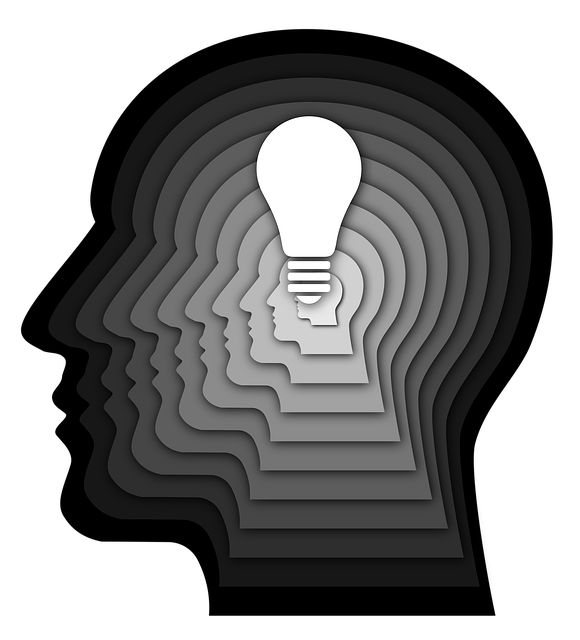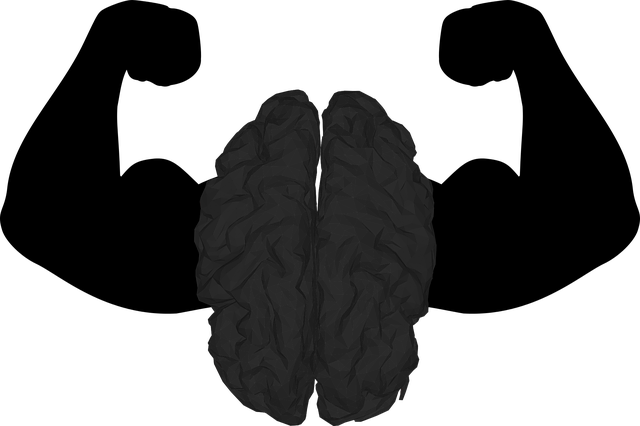Mental health data collection for elders has transformed through a multifaceted approach combining digital tools like electronic health records, wearables, and online surveys with traditional methods such as clinical observations and self-assessments. This includes the integration of therapy focusing on mindfulness practices, which have been shown to reduce stress, anxiety, and depression in seniors, improving their emotional well-being and cognitive health. By analyzing data from these diverse sources, healthcare professionals can tailor interventions for elders, addressing specific mental health needs, fostering social connections, and enhancing overall quality of life. This data-driven approach promotes culturally sensitive care, leading to better public health outcomes for aging communities.
Mental health data analysis is a burgeoning field, crucial for understanding and addressing the unique challenges faced by the elderly population. This article delves into key aspects of this process, from understanding mental health data through collection and diverse sources to its impact on therapy for elders. We explore the role of mindfulness practices, their measurable benefits, and how data interpretation can personalize care. Additionally, we discuss strategies for enhancing elderly well-being by leveraging insights gained from rigorous analysis.
- Understanding Mental Health Data: Collection and Sources
- The Role of Therapy for Elders in Data Analysis
- Mindfulness Practices: Their Impact and Measurement
- Interpreting Data to Personalize Elderly Care
- Enhancing Well-being: Using Insights to Drive Action
Understanding Mental Health Data: Collection and Sources

Understanding Mental Health Data involves recognizing that it’s a multifaceted landscape encompassing various sources and collection methods. In today’s digital age, data on mental health is increasingly collected through electronic health records, online surveys, wearables tracking vital signs, and mobile applications designed for therapy. These tools capture insights into individuals’ emotional states, behaviors, and responses to interventions like mindfulness practices or social skills training. For elders, specific considerations come into play, as access to digital resources might vary. However, innovative solutions such as video conferencing for therapy sessions and text-based support groups are making mental health care more accessible.
The sources of mental health data extend beyond electronic formats. Clinical observations, qualitative interviews, and self-reported assessments also contribute significantly. This diverse array of data collection methods is crucial for developing programs aimed at fostering inner strength in individuals, whether it’s through mindfulness techniques or enhancing emotional intelligence. By leveraging these data sources, researchers and practitioners can design evidence-based interventions tailored to specific needs, such as improving social skills training for seniors, ultimately promoting better mental health outcomes.
The Role of Therapy for Elders in Data Analysis

The role of therapy in mental health data analysis is particularly significant when focusing on elders, a demographic often facing unique challenges that require tailored interventions. Therapy for this population goes beyond treating specific disorders; it involves fostering resilience and enhancing overall well-being. Mindfulness practices, a key component in many therapeutic approaches, have been shown to significantly benefit seniors by improving their ability to manage stress, anxiety, and cognitive decline. By engaging in regular mindfulness exercises, elders can develop better coping strategies, leading to more accurate data points when analyzing mental health trends within this group.
Furthermore, therapy sessions equipped with empathy-building strategies and social skills training can significantly improve the lives of older adults by strengthening interpersonal connections. These interventions not only alleviate feelings of loneliness and isolation but also provide valuable insights into the social dynamics and support systems present in their lives. Incorporating data from such therapeutic practices allows researchers to gain a nuanced understanding of the mental health landscape among elders, ultimately guiding more effective prevention strategies and personalized care plans.
Mindfulness Practices: Their Impact and Measurement

Mindfulness practices have gained significant attention in recent years as a powerful tool for enhancing mental health, especially among older adults. These practices, which include meditation, mindful breathing exercises, and yoga, have been shown to reduce stress, improve emotional well-being, and even mitigate symptoms of anxiety and depression. In the context of therapy for elders, mindfulness is increasingly being integrated into treatment plans due to its potential to promote mental resilience and overall quality of life.
The impact of mindfulness can be measured through various qualitative and quantitative methods. Surveys and self-report measures assess changes in emotional states, while physiological markers such as heart rate variability and brain activity patterns provide insights into the neurobiological effects of mindfulness practices. Additionally, mental health education programs design incorporating mindfulness often include pre- and post-program assessments to gauge improvements in mental health outcomes. This data-driven approach ensures that the effectiveness of mindfulness is not just anecdotally reported but empirically supported, thereby enhancing its role as a valuable component in healthcare provider cultural competency training.
Interpreting Data to Personalize Elderly Care

In the realm of mental health data analysis, interpreting findings from elderly populations offers a unique challenge and opportunity to personalize care strategies. By delving into therapeutic approaches tailored to the needs of older adults, we can revolutionize their overall well-being. One such game-changer is mindfulness therapy, which has proven effective in managing depression prevention and stress management among seniors. This involves self-awareness exercises designed to help them navigate their thoughts and emotions more effectively.
Through meticulous data interpretation, healthcare professionals can identify patterns indicative of specific mental health challenges. For instance, elevated stress levels might suggest the need for mindfulness practices as a form of stress management. Similarly, recurring instances of low mood could signal an opportunity to introduce depression prevention strategies. Personalizing therapy in this manner ensures that elderly individuals receive targeted support, enhancing their chances of successful recovery and improved quality of life.
Enhancing Well-being: Using Insights to Drive Action

Mental health data analysis plays a pivotal role in enhancing well-being, especially among aging populations. By interpreting trends and insights from comprehensive datasets, healthcare professionals can tailor interventions to address specific mental health challenges faced by elders. This data-driven approach enables targeted therapy for elderly individuals, incorporating evidence-based practices such as mindfulness techniques that have proven effective in stress reduction methods.
Leveraging Mental Health Policy Analysis and Advocacy, we can ensure Emotional Well-being Promotion Techniques are accessible and culturally sensitive. Through continuous research and advocacy, mental health services can be optimized to meet the unique needs of aging communities. This holistic strategy not only improves individual outcomes but also contributes to broader public health by fostering resilient and thriving elderly populations.
Mental health data analysis is a powerful tool for understanding and enhancing the well-being of the elderly population. By combining therapy for elders, mindfulness practices, and thoughtful data interpretation, we can personalize care strategies to address unique needs. This approach leverages the insights gained from data to drive meaningful action, fostering a more supportive and effective environment for seniors’ mental health journeys. Incorporating these techniques allows us to move beyond mere observation, towards a future where each individual receives tailored support, promoting improved outcomes and enhanced quality of life.














